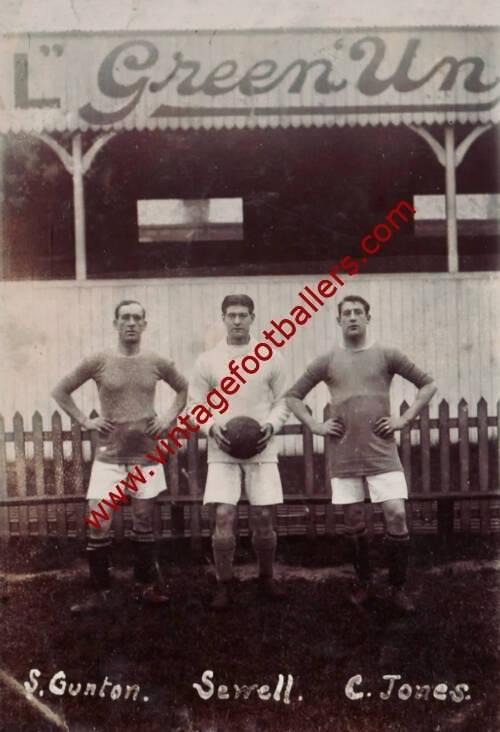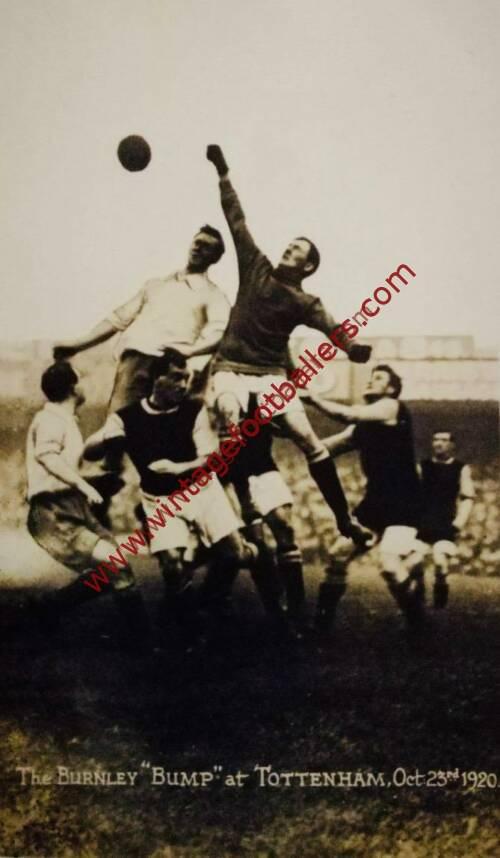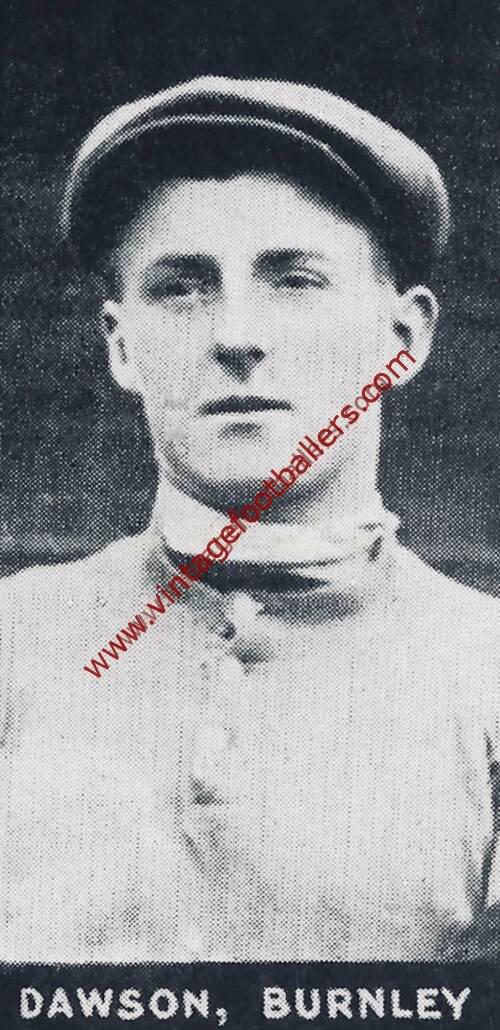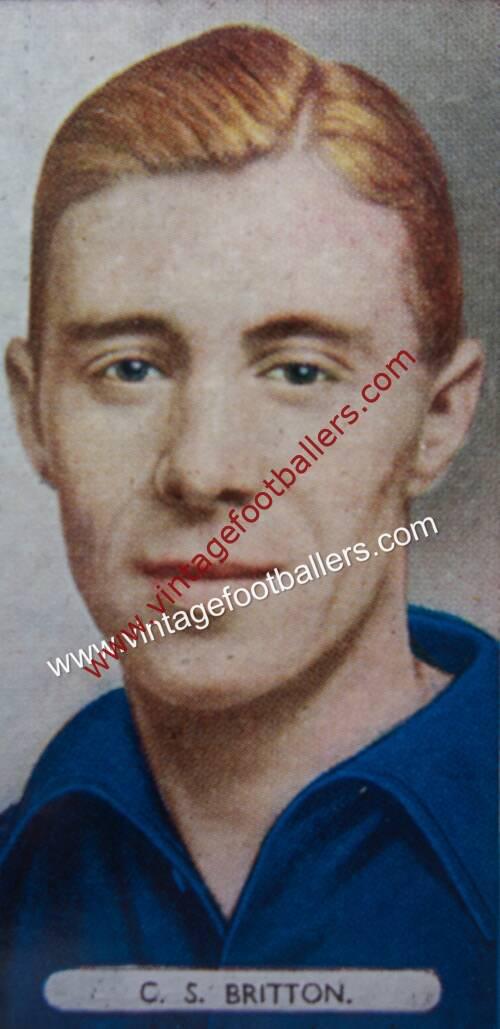Please choose your photo size from the drop down menu below.
If you wish your photo to be framed please select Yes.
Note: 16″x 20″not available in a frame.
Images can also be added to accessories. To order please follow these links
£8.95 – £49.95
Please choose your photo size from the drop down menu below.
If you wish your photo to be framed please select Yes.
Note: 16″x 20″not available in a frame.
Images can also be added to accessories. To order please follow these links
Larne, County Antrim born right back Andy McCluggage began his football career after the First World War with Irish Junior Alliance club Invervale in 1919, joining amateur Irish League club Cliftonville in 1920, and he was star defender in a mediocre Cliftonville side of the early 1920’s, McCluggage’s efforts earned him selection for the Irish League side to face the Welsh League in 1922. In the end the match was postponed, and later abandoned altogether, meaning he was never to earn inter-league recognition. The reason he was never given a chance was his transfer to Bradford Park Avenue, then of Division Three (North) in May 1922. His Ireland debut came the same month as he played in a 2-1 defeat in Norway. He made his Football League debut for Bradford the same September against Walsall, and in his first season with Park Avenue, who had only just been relegated from Division Two, McCluggage helped them to finish as runners-up, though at that time only the Champions were rewarded with promotion.
Still playing in the third tier of English football, McCluggage was awarded an international cap in October 1923 as Ireland attained a famous win over England. In May 1925 he moved on to First Division Burnley after 2 goals in 94 appearances, where he got of to the worst of starts. On his debut, on the opening day of the 1925-26 season, Burnley suffered their worst ever defeat, 10-0 at Aston Villa. Despite the inglorious opening to his time at Turf Moor, McCluggage established himself as a virtual ever-present right-back for six seasons. He also proved versatile, slotting in at left-back when required, and showed all the attributes one could want from a defender – fast, he was seldom outpaced, with “swift powers of recovery”, he also knew the value of clearing the danger zone as quickly as possible. An adept penalty-taker, McCluggage’s goal ratio would also be the envy of many a more attacking player.
After over three years outside the international scene, McCluggage was recalled to the Ireland line-up in February 1927. He was first choice at right-back for the following four seasons, scoring twice in his twelve appearances. He was the ‘other’ goalscorer in the famous 1930 7-0 win over Wales at Celtic Park (Joe Bambrick claiming a double hat-trick) and scored a penalty in a 2-2 draw against the same opposition the previous year.
After 24 goals in 213 appearances for The Clarets, McCluggage left Burnley via the ‘back-door’, signing with Free State League side Dundalk in May 1931. He made his debut in the President’s Cup Final clash with Shamrock Rovers on 23rd May, with the replay held over to the next season. When the replay was held on 9th September Dundalk ran out 7-3 winners, so claiming their first ever trophy. Although he left the Athletic Grounds in December 1931, after just six months and seventeen appearances, McCluggage’s contribution to Dundalk’s first trophy success was recognised with selection in the club’s “All-Time XI” selected in 1956.
Keen to return to the Football League, McCluggage secured his release from Dundalk in order to join Preston North End. The financial package arranged between the two clubs proved highly lucrative to The Railwaymen, covering all McCluggage’s wages “and left a little over’. He made his Preston debut in a 2-2 draw at Burnley on Christmas Day 1931. That proved to be one of just three appearances for the Deepdale club. After leaving Preston in 1932, McCluggage played with Morecambe before returning briefly to his native Larne in 1933 where he ended his football career.
| Weight | N/A |
|---|



